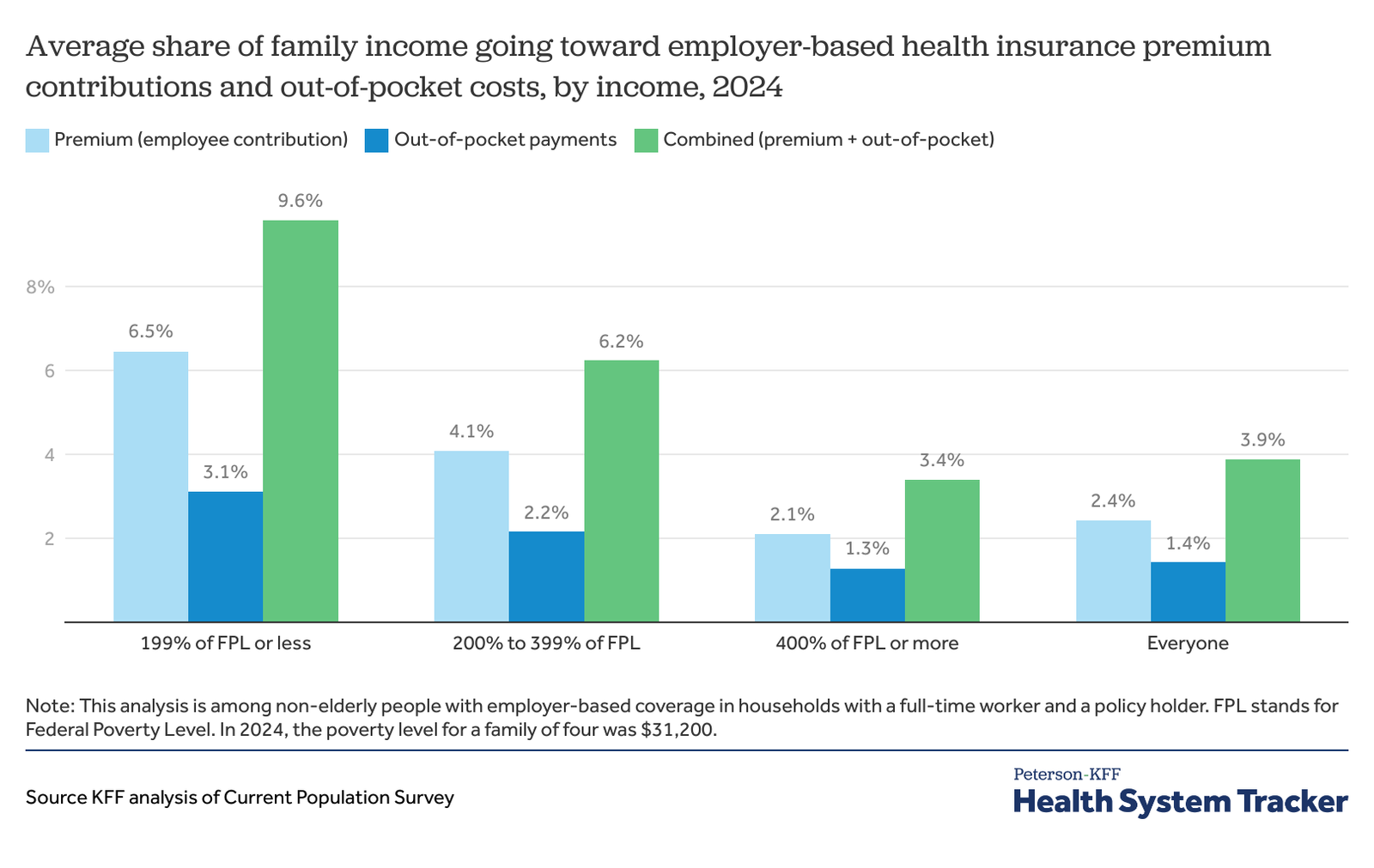Understanding Recreational Vehicle Insurance
Recreational vehicle insurance is a specialized type of insurance designed to protect RV owners from financial losses that may arise from accidents, theft, or other unforeseen events relating to their vehicles. As RVs can serve as both transportation and living quarters, having adequate insurance coverage is essential to safeguard this significant investment. Unlike standard automobile insurance, recreational vehicle insurance provides coverage that caters specifically to the unique aspects of RV ownership.
One of the primary reasons for obtaining recreational vehicle insurance is the potential for high repair or replacement costs that can occur in the event of an accident or damage. Additionally, most states, including Texas, have minimum insurance requirements that must be met to legally operate a vehicle on the road. Thus, insuring an RV helps ensure compliance with state laws while providing peace of mind for the owner.
There are several types of RV insurance policies available, which can be broadly categorized into three main types: full-timer insurance, liability coverage, and comprehensive coverage. Full-timer insurance is tailored for individuals who live in their RV full-time, offering coverage similar to a homeowner’s policy. On the other hand, liability coverage is the most basic form of insurance, protecting the owner against claims from injuries or property damage caused to others in the event of an accident. Lastly, comprehensive coverage includes protection against non-collision incidents, such as theft, vandalism, or natural disasters, ensuring that owners are financially safeguarded from a wide array of potential risks.
Understanding these distinctions is crucial for RV owners, as the right coverage will not only protect their financial investment but also provide the necessary peace of mind to enjoy their recreational activities. By evaluating individual needs and considering the various types of coverage available, RV owners can make informed decisions regarding their recreational vehicle insurance costs.
Factors Influencing RV Insurance Costs in Texas
When examining the recreational vehicle insurance costs in Texas, various factors come into play that can significantly affect the premium an individual may pay. One of the primary elements is the type and age of the RV. Newer models tend to be more expensive to insure due to their higher value and advanced features, while older vehicles may be cheaper but might require more comprehensive policies if they are prone to repairs and damages.
The driver’s history and experience also play a crucial role in determining RV insurance costs. Insurance providers often assess the driving records of potential policyholders, taking into account past incidents, accidents, dual-vehicle usage, and overall driving experience. A clean driving history with no claims can lead to lower premiums, while a history of accidents or violations may increase the costs.
Geographical location is another significant factor impacting insurance rates. In Texas, urban areas have higher population densities, leading to increased chances of accidents and theft, which can drive premiums up. Conversely, rural areas may offer lower rates due to reduced risk factors. Additionally, the specific location may influence coverage mandates and requirements, further affecting overall costs.
The usage of the RV is an essential consideration; those who live in their RVs full-time may face different insurance needs compared to occasional users. Full-timers often require comprehensive coverage to protect their belongings and mitigate risks associated with extended stays in various locations. Furthermore, the value of personal belongings inside the RV can also influence insurance costs, as higher-value items will necessitate greater coverage, impacting the overall premium. Being mindful of these factors can aid prospective policyholders in estimating what they can expect for recreational vehicle insurance costs in Texas.
Comparing RV Insurance Rates in Texas
The process of comparing recreational vehicle insurance costs in Texas is essential for obtaining the best coverage at the most affordable price. Given the vast number of insurance providers and the varying policies offered, thorough research can lead to significant savings and better protection for your RV. Utilizing online comparison tools can streamline this process, allowing potential policyholders to evaluate multiple quotes at once without the need for extensive phone calls or visits to different offices.
To begin, it is advisable to gather quotes from several insurance companies that specialize in RV coverage. These quotes should detail different coverage options, premiums, and potential discounts that may be applicable. Some insurance providers offer savings for safe driving records, bundled policies, or even memberships in certain clubs or organizations. By actively seeking out these discounts and understanding their implications on overall costs, individuals can effectively lower their recreational vehicle insurance costs.
When comparing rates, it is also crucial to assess the quality of customer service provided by each insurance company. Reviews from current and past customers, as well as ratings from independent agencies, can provide valuable insights into the reliability and responsiveness of an insurer. A provider with excellent customer service might be well worth a slightly higher premium, as it may translate into a smoother claims process during difficult times.
In conclusion, taking the time to carefully compare RV insurance rates in Texas not only aids in finding the most cost-effective policy but also ensures adequate coverage tailored to individual needs. By leveraging online tools, gathering multiple quotes, and considering customer service quality, RV owners can make informed decisions regarding their insurance options.
Common Coverage Options to Consider
When securing recreational vehicle insurance costs in Texas, it is imperative to understand the various coverage options available to ensure adequate protection for your investment. The standard coverages include liability, collision, comprehensive, and uninsured/underinsured motorist coverage. Each of these plays a distinct role in safeguarding both the RV owner and other parties involved in an accident.
Liability coverage is fundamental and is designed to cover damages that the insured may cause to another person or their property while operating the RV. This is often required by law and serves to protect against significant financial losses resulting from legal claims or lawsuits. Collision coverage, on the other hand, is intended for damage to your own RV resulting from a collision with another vehicle or object, regardless of fault. This type of coverage is particularly vital for those who often travel in busy areas or engage in off-road driving where accidents may be more likely.
Comprehensive coverage extends beyond collisions to cover other types of damages, including theft, vandalism, or natural disasters. This all-encompassing protection can help alleviate concerns over unforeseen incidents that could lead to substantial repair costs. Furthermore, uninsured and underinsured motorist coverage is crucial as it protects against accidents involving drivers who do not have sufficient insurance to cover the damages they cause.
Additionally, there are optional coverages available, such as roadside assistance, which provides help in case of mechanical failures or flat tires during travel. Personal effects coverage allows RV owners to protect personal belongings within the RV, while vacation liability can offer extra security for injuries sustained by guests while on a recreational trip.
Each of these coverages can significantly influence recreational vehicle insurance costs, and selecting the right combination tailored to individual needs is essential for optimal protection on Texas roadways.
Texas RV Insurance Requirements
When it comes to owning a recreational vehicle in Texas, understanding the insurance requirements is crucial for compliance with state laws. In Texas, RV owners are mandated to carry a minimum amount of liability insurance. The state requires that all drivers have at least $30,000 in bodily injury liability coverage per person, $60,000 per accident for bodily injury, and $25,000 for property damage. These minimum coverage levels are designed to ensure that individuals involved in an accident can receive compensation for medical expenses and damages incurred.
It is essential for RV owners to recognize that while these are the state minimums, they may not fully cover the extensive costs associated with accidents or damages, particularly in larger RVs that may result in significant property loss. As such, many owners consider higher coverage limits or additional insurance types, such as comprehensive or collision coverage, to safeguard against various risks. These enhancements can significantly affect the overall recreational vehicle insurance costs, leading to a more tailored insurance portfolio for individual needs.
Driving without appropriate insurance in Texas can lead to severe repercussions. First-time offenders may face fines ranging from $175 to $350, while repeat violators can encounter even steeper penalties. Furthermore, driving without insurance can result in the suspension of driving privileges, creating additional obstacles for daily life. Therefore, it is vital for RV owners to understand that fulfilling the insurance requirement is not just a legal obligation but also a practical measure for protecting their assets and well-being.
In maintaining compliance with Texas laws regarding recreational vehicle insurance, it is advisable for RV owners to review their policies regularly and ensure they meet or exceed the state-mandated minimum coverage requirements. This proactive approach not only mitigates potential financial liabilities but also guarantees safer travel experiences across the state’s diverse landscapes.
Tips for Reducing RV Insurance Costs
Recreational vehicle insurance costs can become a significant concern for RV owners in Texas. However, there are several effective strategies that can help lower these expenses without compromising coverage. One primary method is to consider increasing deductibles. By choosing a higher deductible, policyholders can often reduce their premium significantly. This approach requires careful consideration of financial readiness to cover the deductible amount in the event of a claim.
Another viable strategy is bundling insurance policies. Many insurance providers offer discounts for customers who hold multiple policies, such as home, auto, and RV insurance, with the same company. This not only streamlines the management of insurance but also provides substantial savings on overall policy costs. It is advisable for RV owners to inquire about available bundling options to determine potential savings.
Maintaining a clean driving record is also crucial in minimizing recreational vehicle insurance costs. Insurers often reward safe driving habits with lower premiums. Additionally, enrolling in safe driving courses can further demonstrate responsible driving and may provide added discounts. Furthermore, taking advantage of various discounts offered by insurers, such as those for being a member of certain organizations or having anti-theft devices installed, can significantly lower costs.
Lastly, enhancing the security measures of the RV can lead to reduced insurance premiums. Installing additional security features, such as GPS tracking systems or advanced locking mechanisms, not only protects the vehicle from theft but also satisfies insurers’ criteria for risk reduction. By implementing these practical tips, RV owners in Texas can effectively reduce their insurance costs while ensuring their vehicle remains adequately covered.
Seasonal Factors Affecting RV Insurance Premiums
Understanding how seasonal factors influence recreational vehicle insurance costs is essential for Texas residents. The time of year plays a significant role in determining insurance premiums. During peak travel seasons, which typically occur in spring and summer, the demand for RVs increases as families and travelers embark on vacations. This increased usage elevates the likelihood of accidents or damage, prompting insurance companies to raise premiums accordingly. Conversely, during the off-season months, when RVs are not actively used, insurers may lower premiums due to decreased risk.
Another critical aspect to consider is the impact of extreme weather events on recreational vehicle insurance costs. Texas is known for its diverse climate, where thunderstorms and hurricanes can occur from late summer to early fall. RVs face a higher exposure to damages during these weather events, leading insurers to adjust their rates in anticipation of increased claims. Owners may also seek to protect their vehicles by purchasing additional coverage or opting for comprehensive policies, which can further influence overall costs.
Changes in RV usage also contribute to fluctuations in insurance premiums. For instance, if an RV is primarily utilized during weekends or holiday getaways, this intermittent usage may result in lower costs compared to full-time RV living. Insurers often evaluate factors such as mileage estimates and intended usage frequency, which can lead to differential pricing among policyholders. As a result, it is advisable for Texas RV owners to assess their insurance policies regularly, factoring in these seasonal influences to ensure they are getting optimal coverage at reasonable rates.
The Importance of Regular Policy Review
Regularly reviewing your recreational vehicle insurance policy is crucial for ensuring you maintain adequate coverage throughout the ownership of your RV. Many policyholders may not realize that their insurance needs can change significantly over time due to various factors. Major life changes, such as marriage, the birth of a child, or retirement, can greatly impact how much coverage you require. Furthermore, upgrades or modifications to your RV, like adding a new kitchen or high-end electronics, can increase its overall value and necessitate an adjustment in your insurance coverage. Regular assessments of recreational vehicle insurance costs and policy features allow you to align your coverage with your current lifestyle and needs.
It is recommended that RV owners review their insurance policies at least once a year or whenever significant changes occur. This proactive approach enables you to identify any gaps in coverage or discover potential savings opportunities. For instance, you may come across discounts for safe driving practices or membership in certain organizations. Additionally, as the market for recreational vehicle insurance varies, reviewing your policy periodically can help ensure you are not paying more than necessary for comparable coverage. By keeping abreast of the latest insurance offerings and comparing rates, you can make informed decisions that may lead to substantial savings on recreational vehicle insurance costs.
When assessing your current RV insurance policy, start by evaluating your current coverage limits and deductibles. Ensure that they are in line with the value of your vehicle and your financial situation. Seek to understand any exclusions or limitations in your policy that could affect your coverage during a claim. A comprehensive review not only ensures optimal protection but also instills confidence in knowing that you are financially secure while enjoying your RV adventures. In conclusion, conducting regular policy reviews serves as a critical component of maintaining adequate recreational vehicle coverage in Texas.
Conclusion and Final Thoughts on RV Insurance in Texas
Understanding recreational vehicle insurance costs is crucial for any RV owner in Texas. The various factors influencing these costs include the type of vehicle, its age, the coverage options selected, and the individual driver’s profile. Knowledge of these elements empowers RV owners to make informed decisions that align with their insurance needs and budgetary constraints. This guide provides essential insights into navigating the complexities associated with RV insurance.
The ultimate guide to recreational vehicle insurance costs in Texas highlights the importance of comparing quotes from multiple providers, as this practice can lead to significant savings and more tailored coverage. Policies can vary widely in terms of offerings, with specific attention given to liability, collision, and comprehensive coverage. As such, owners should diligently assess their coverage options, ensuring they select a policy that not only meets legal requirements but also offers adequate protection for their recreational activities.
Moreover, it is vital to consider additional factors such as roadside assistance and uninsured motorist coverage which can enhance peace of mind during travels. Many RV owners may overlook the nuances of insurance policies, potentially leading to inadequate coverage in case of unexpected events. Staying informed about market trends, speaking with insurance professionals, and reviewing policy details regularly will serve RV enthusiasts well in their decision-making process. Through proactive measures, they can safeguard their investments while enjoying their adventures across the diverse terrains of Texas.
By utilizing the information outlined in this guide, RV owners will be better equipped to seek the best coverage options tailored to their unique needs. Ultimately, understanding recreational vehicle insurance costs is not merely about compliance; it is about ensuring safety and security on the road.
Read
- Understanding the Penalty for Driving Without Insurance in Texas
- How to Become an Insurance Adjuster in Oklahoma: A Best Guide
- How to Become a Licensed Insurance Agent in Indiana: A Complete Guide
- Are Baby Helmets Covered by Insurance? A Best Guide for Parents
- Understanding Conditional Insurance Contracts: What You Need to Know



